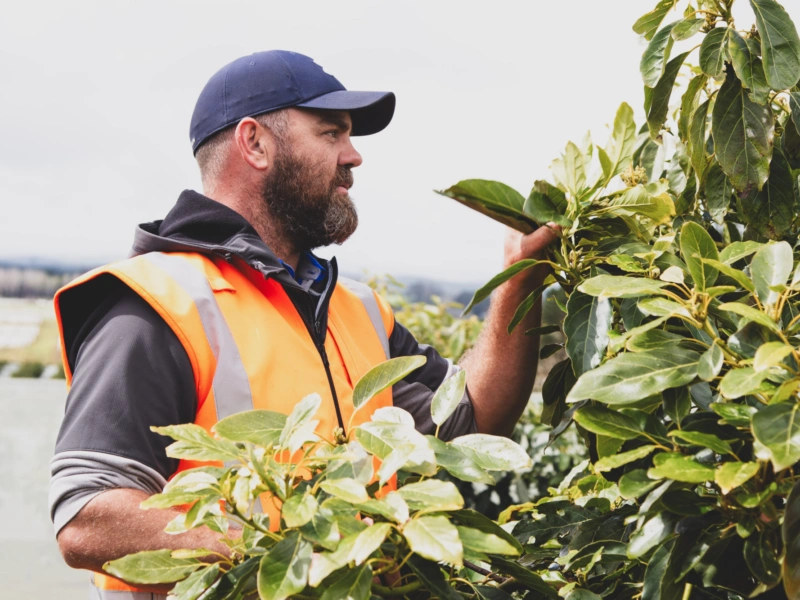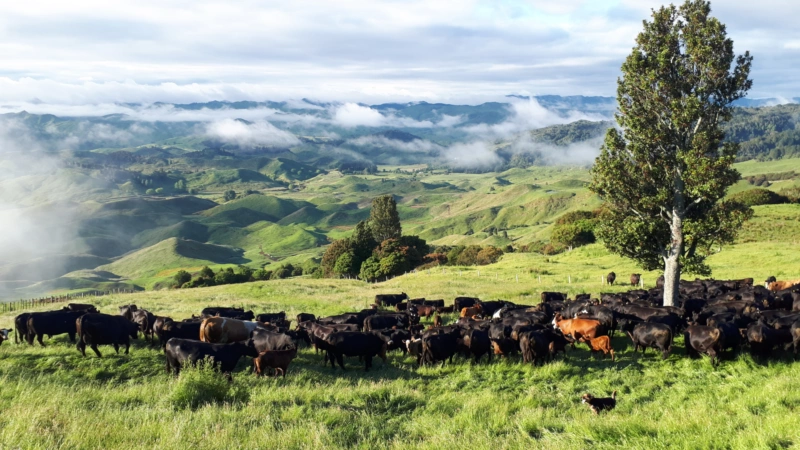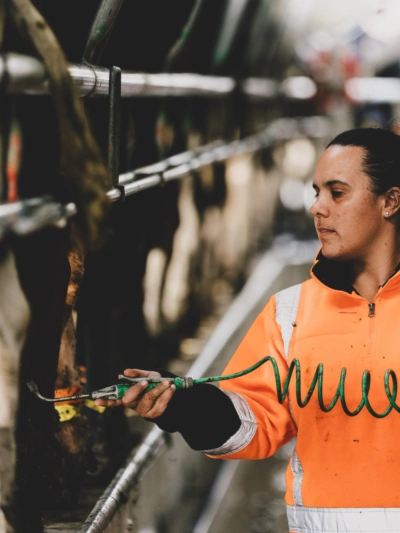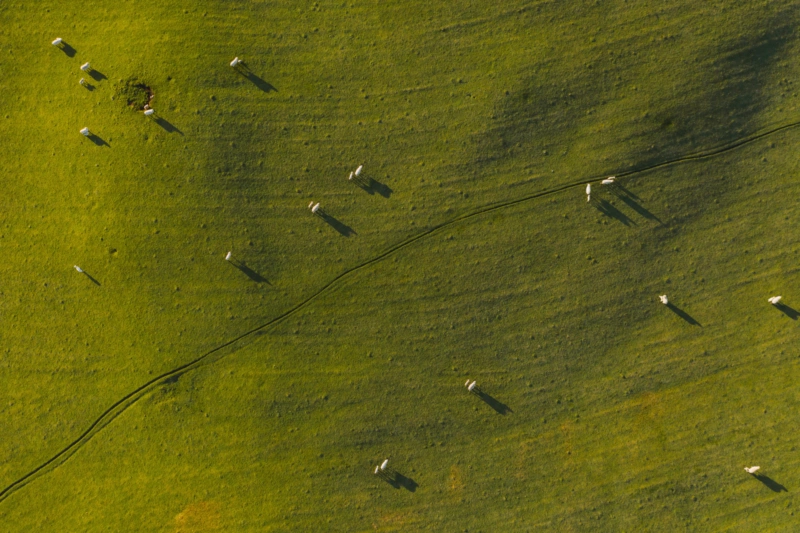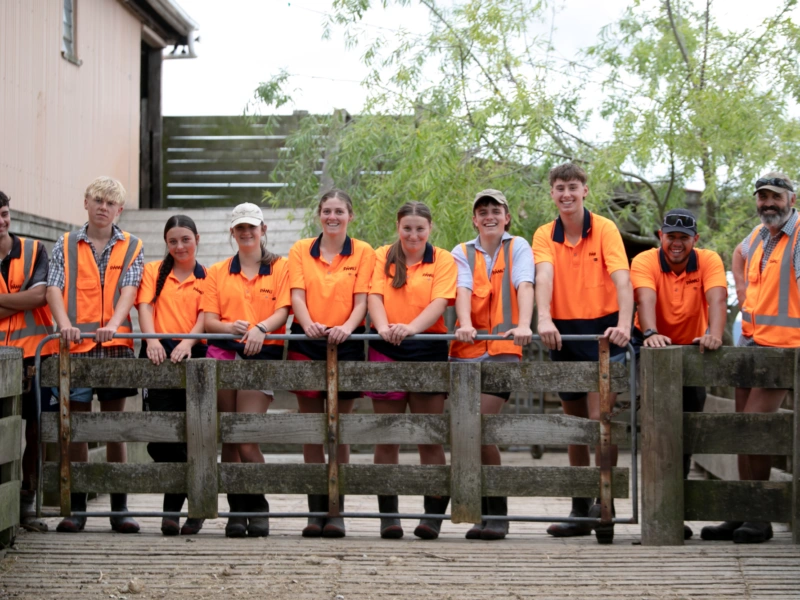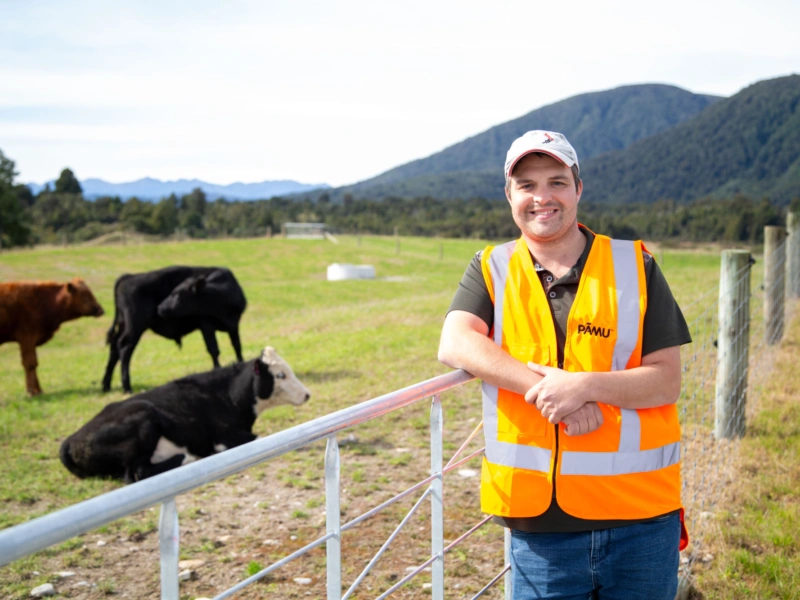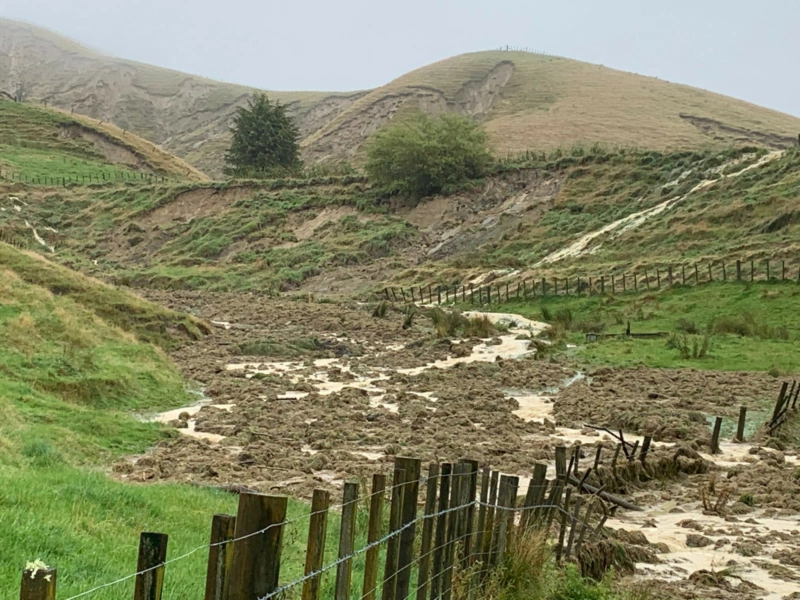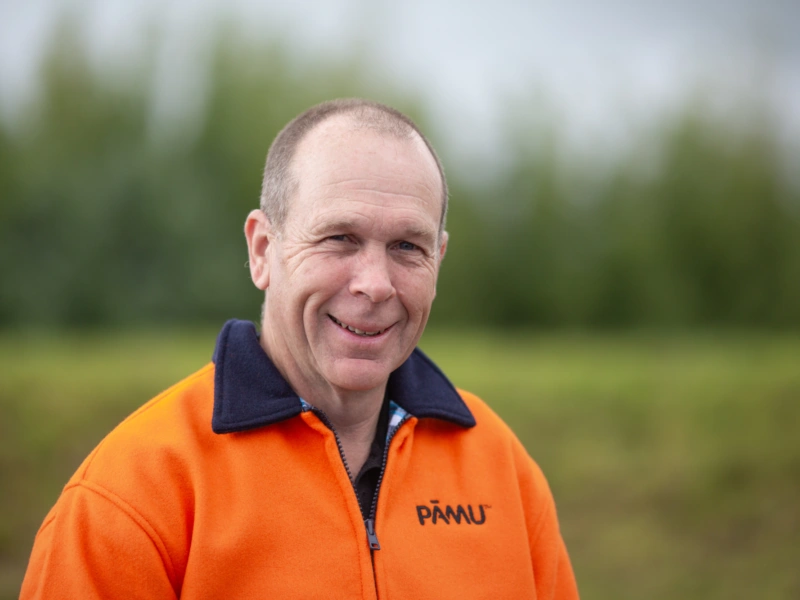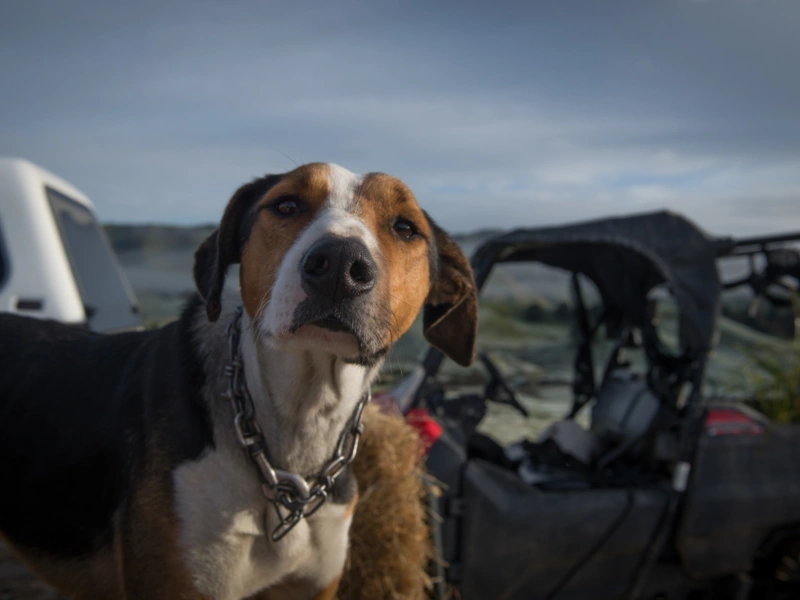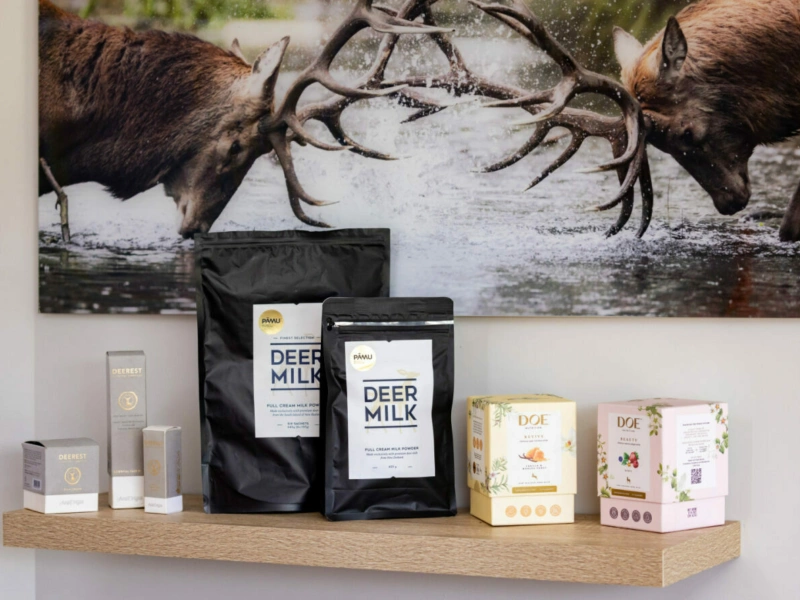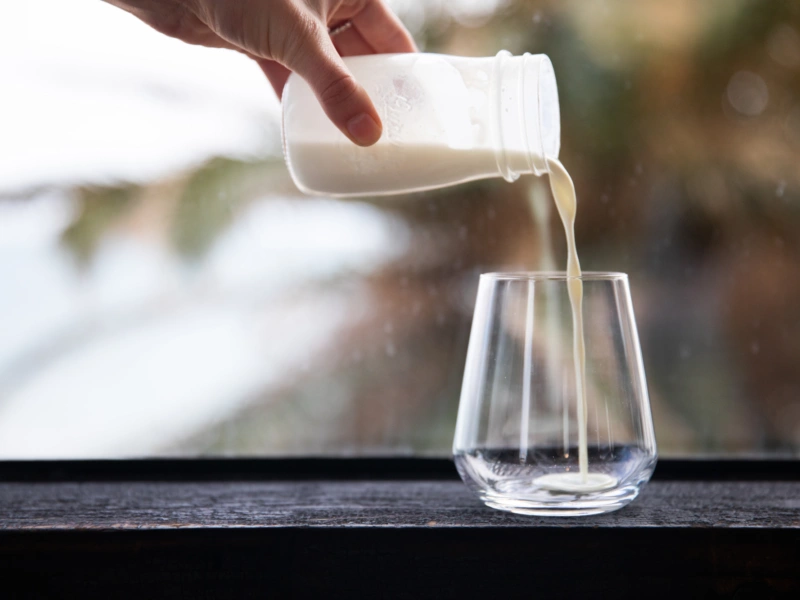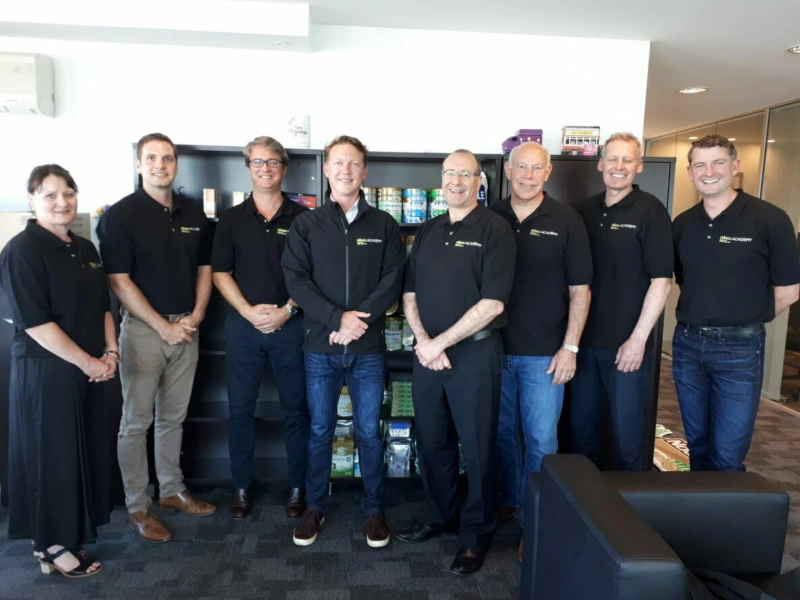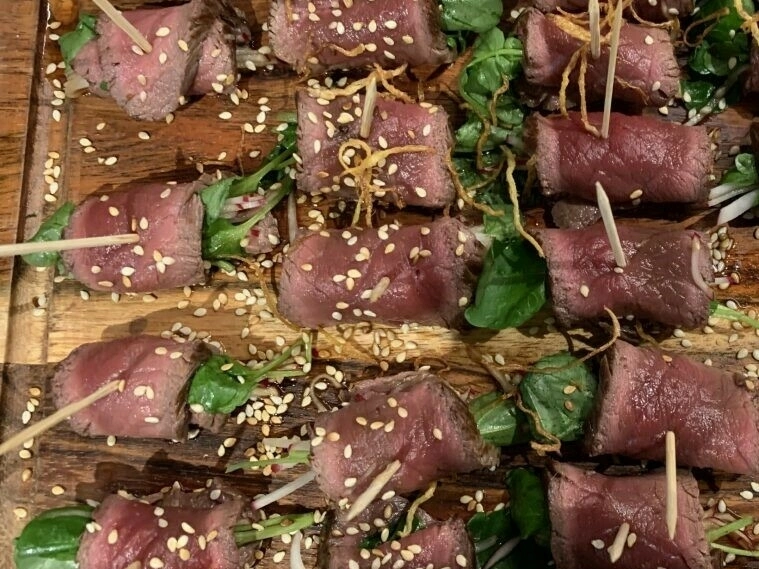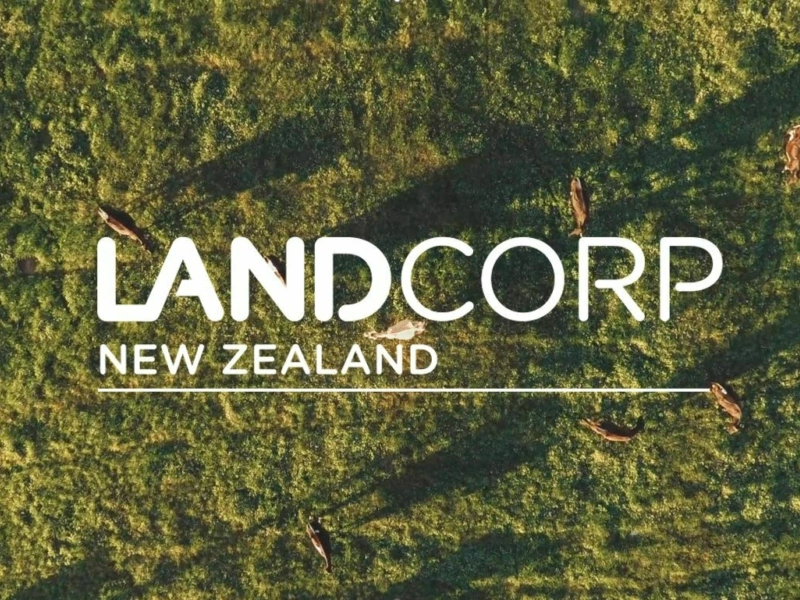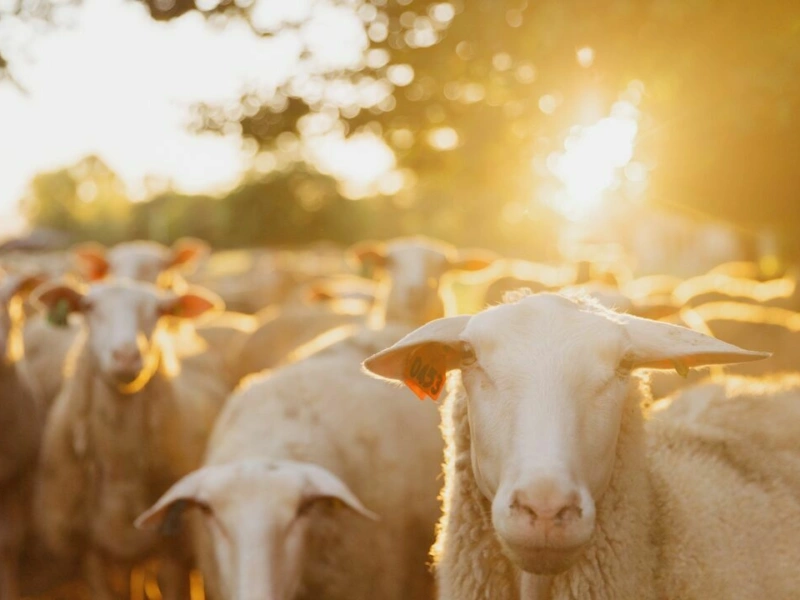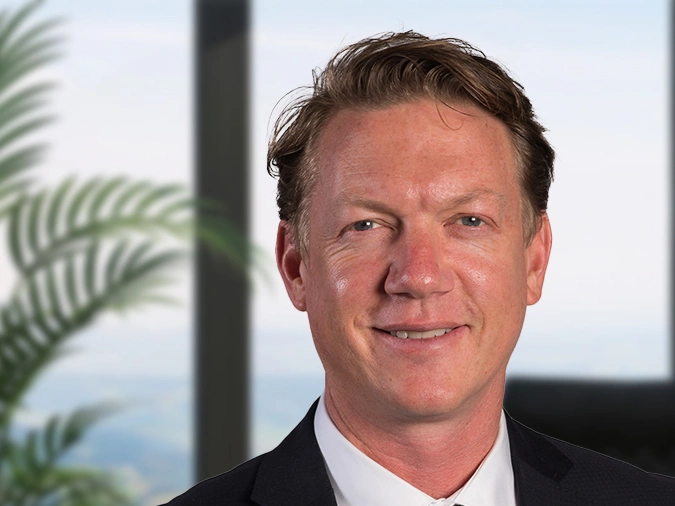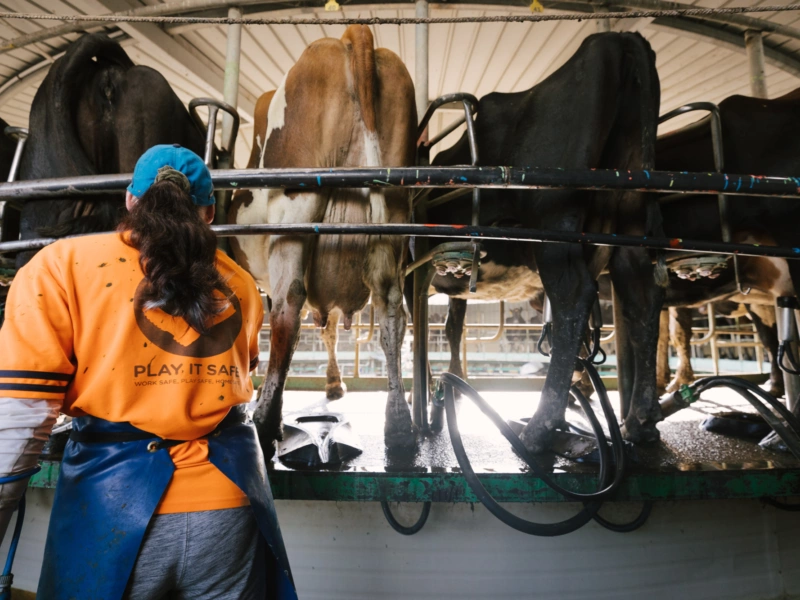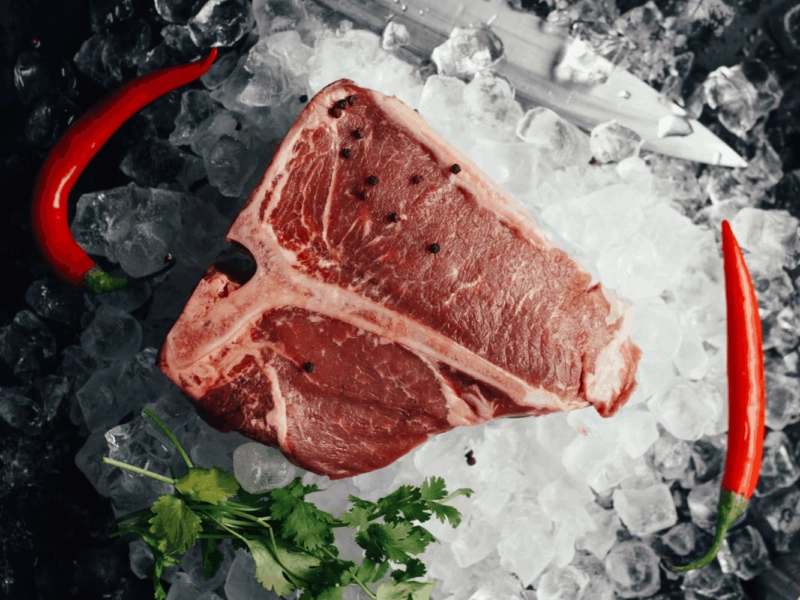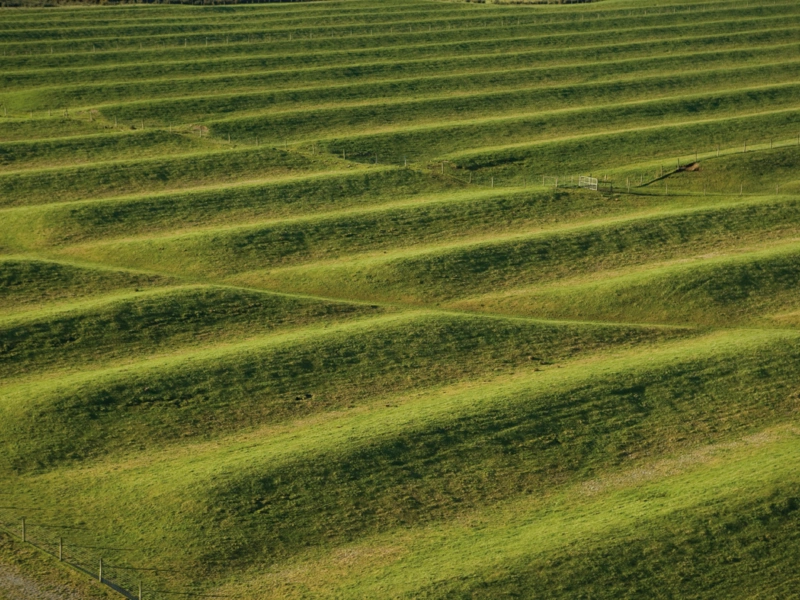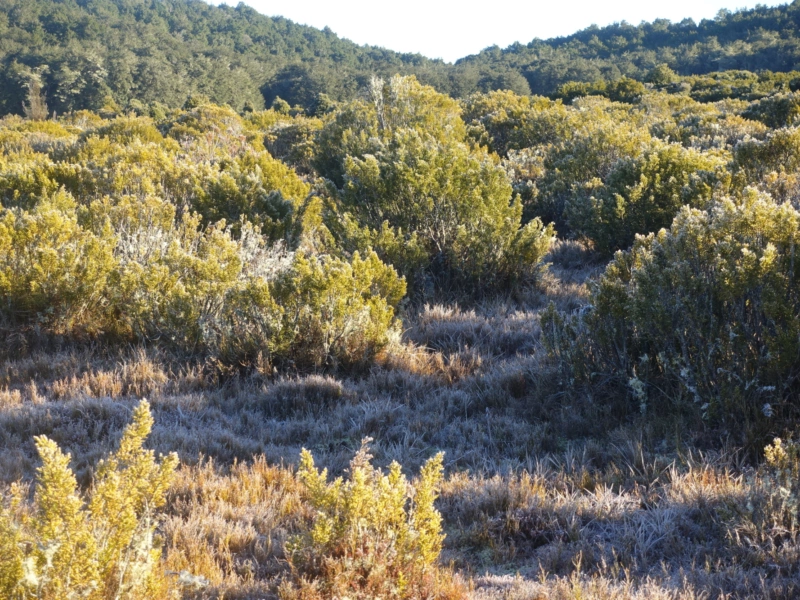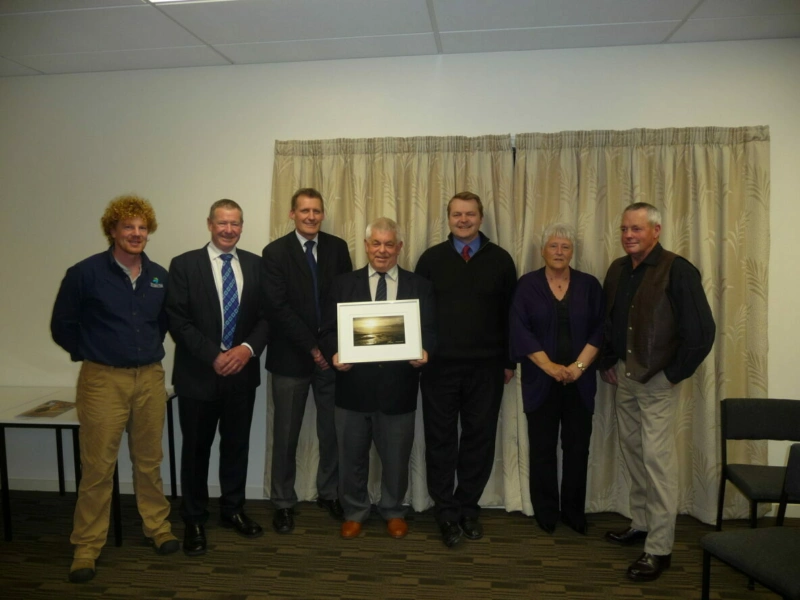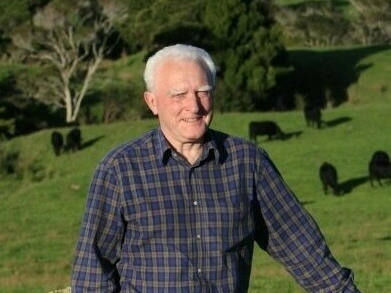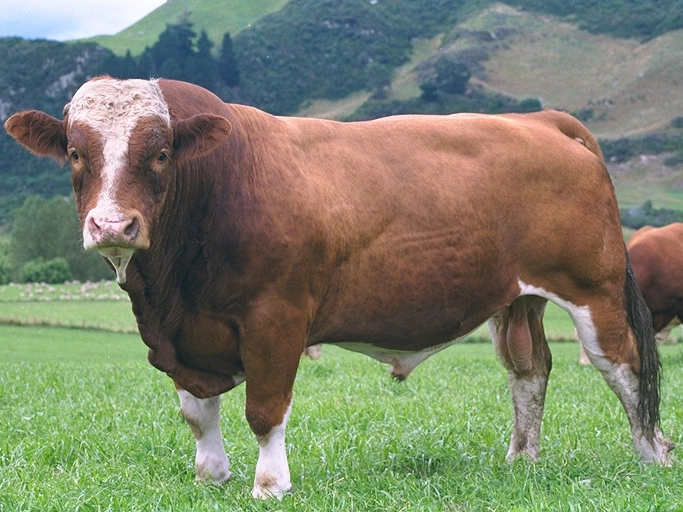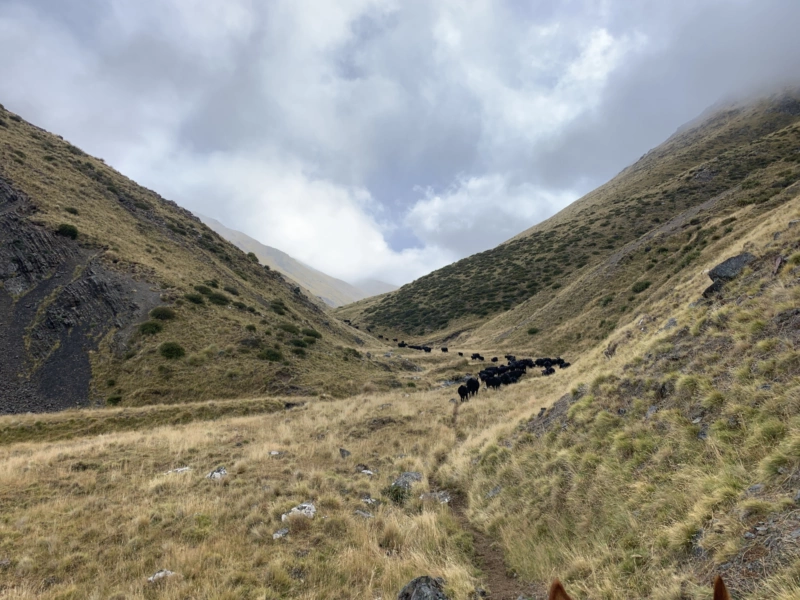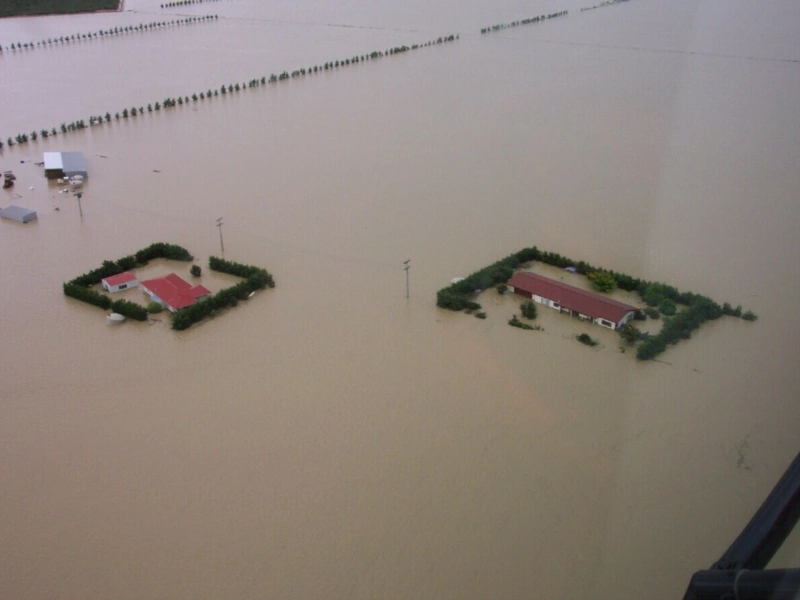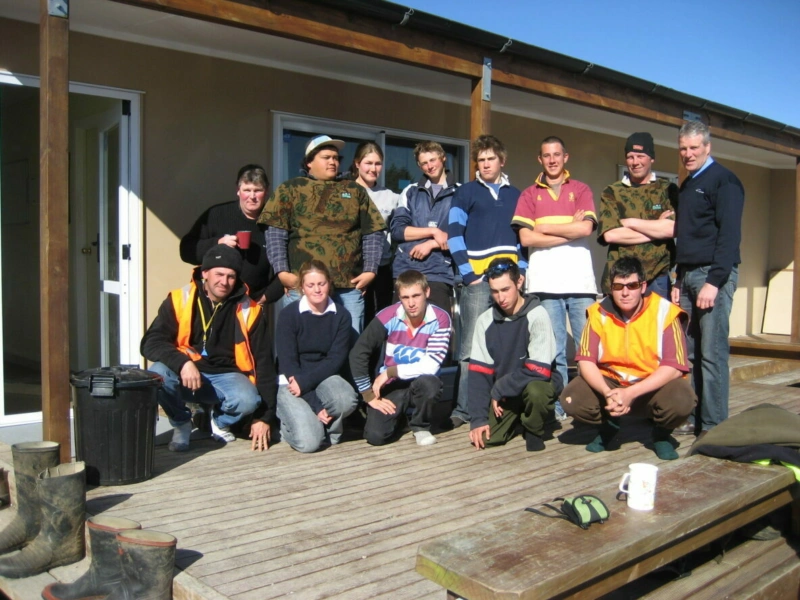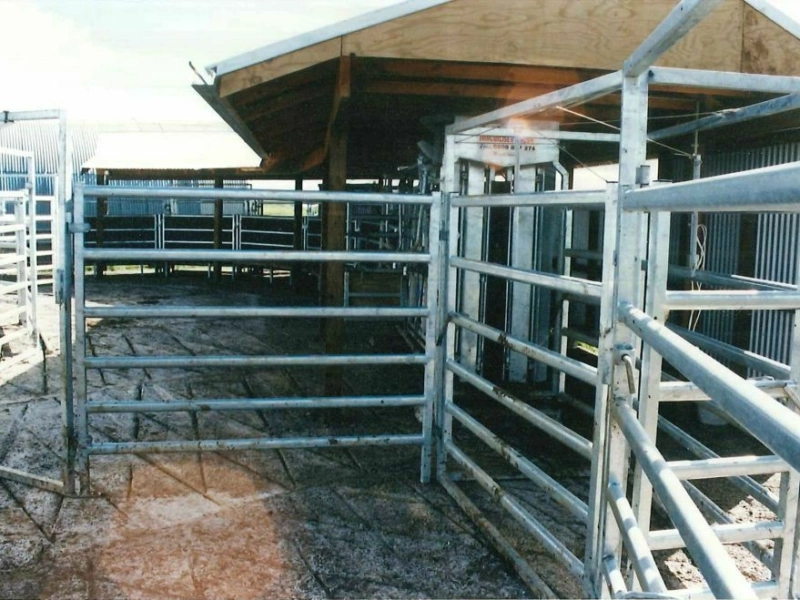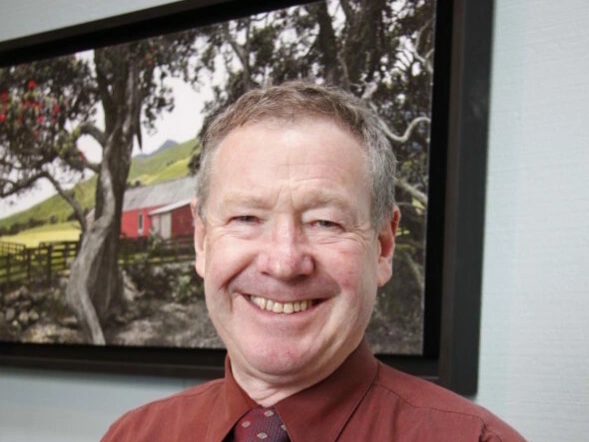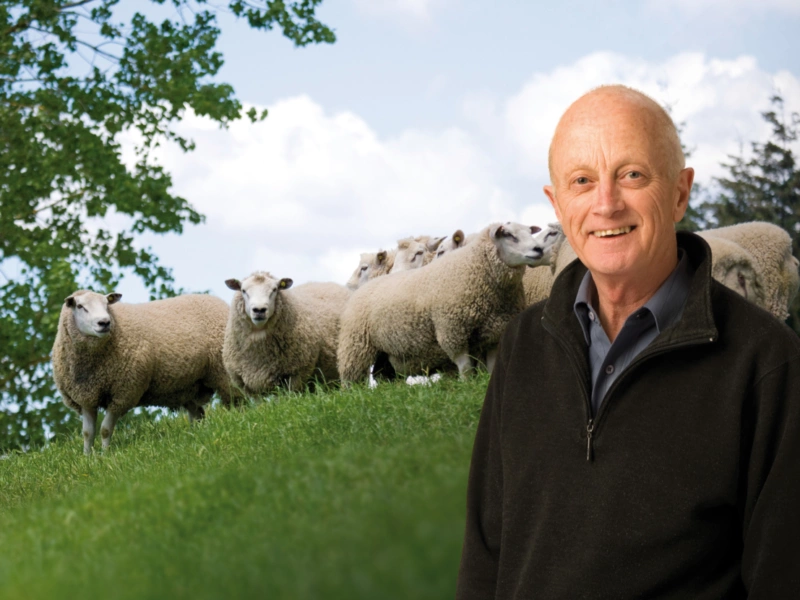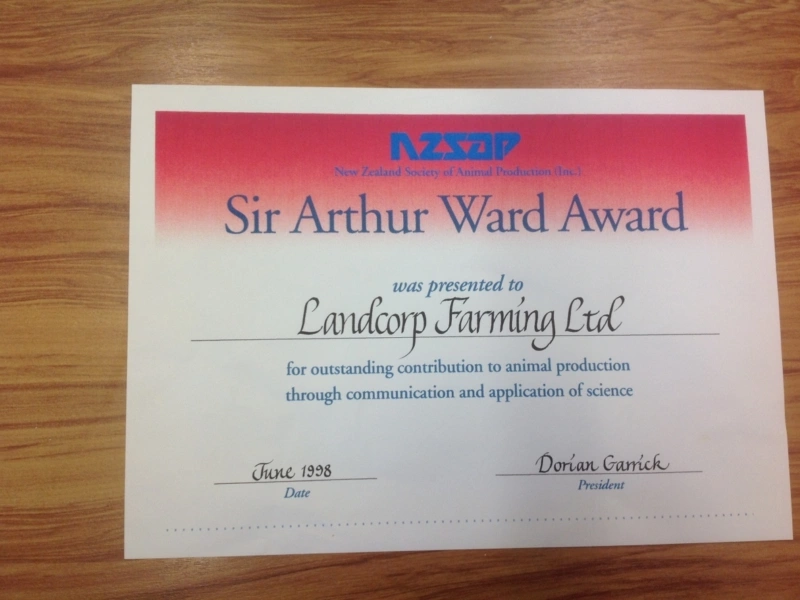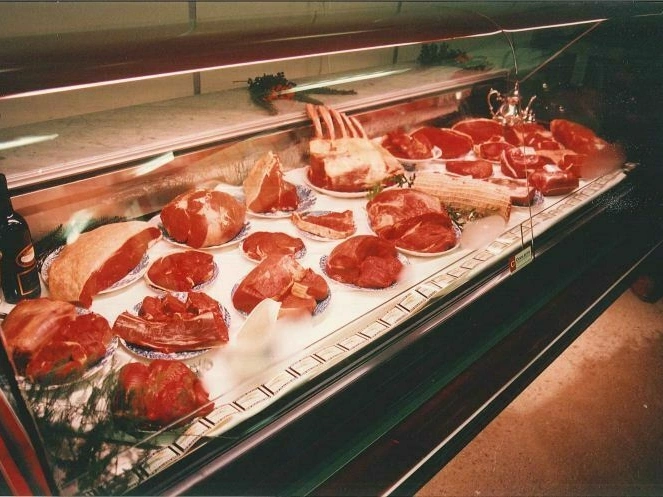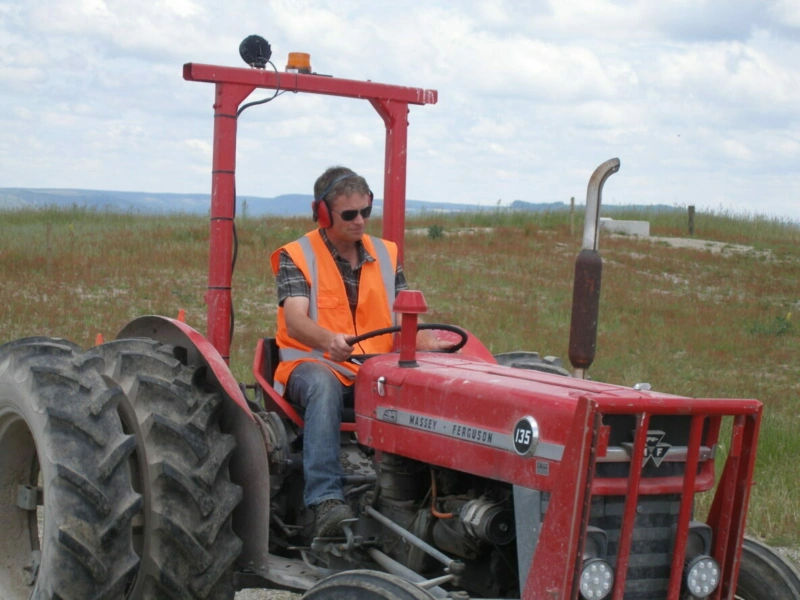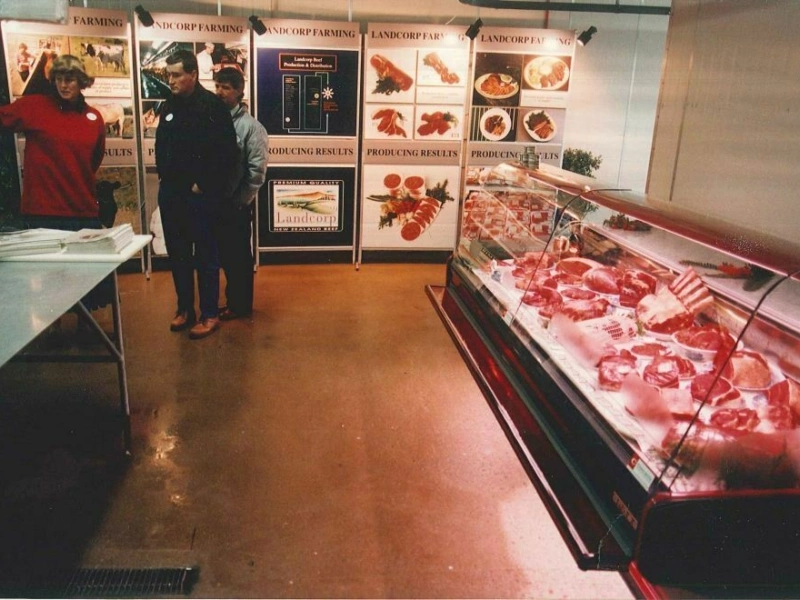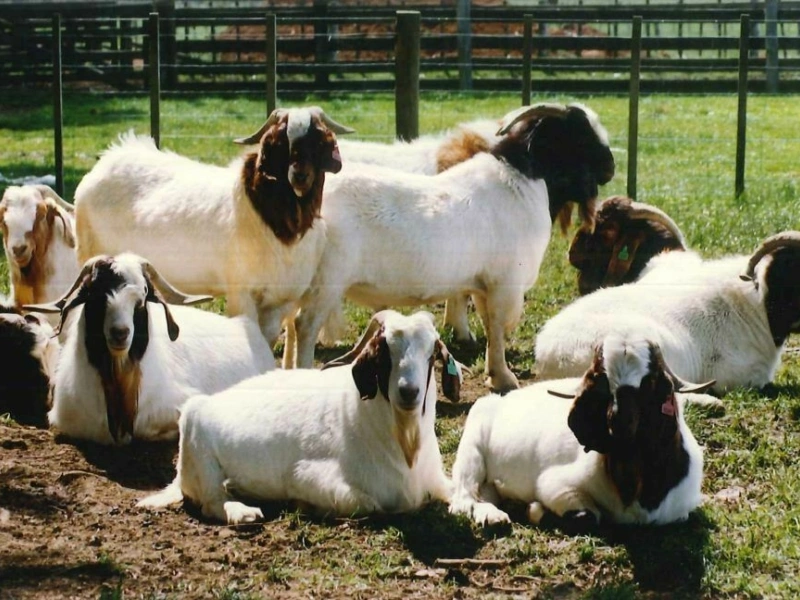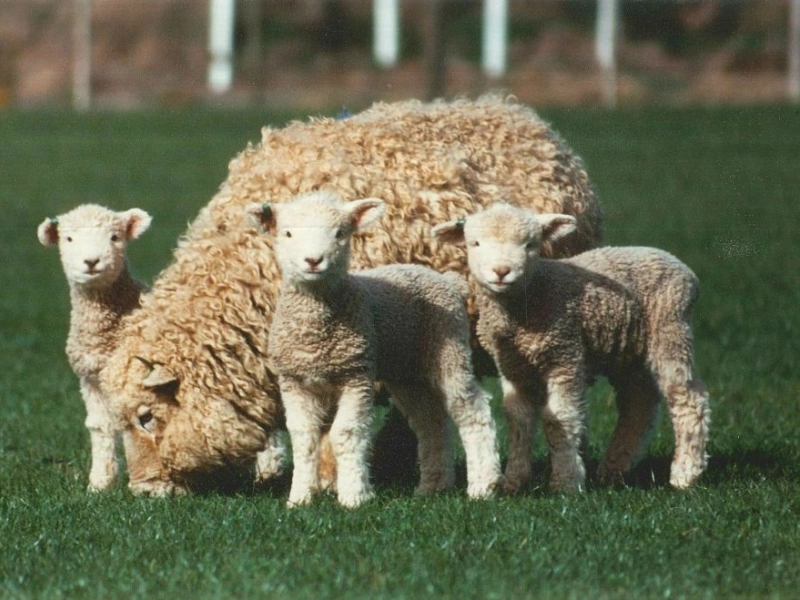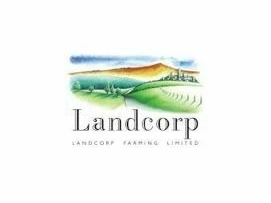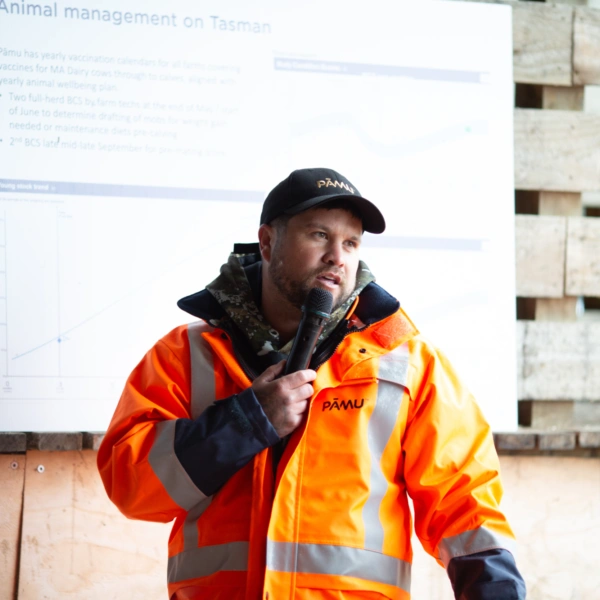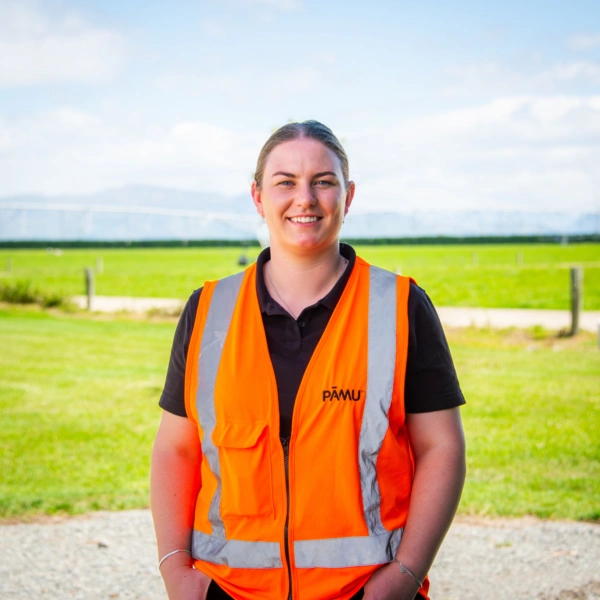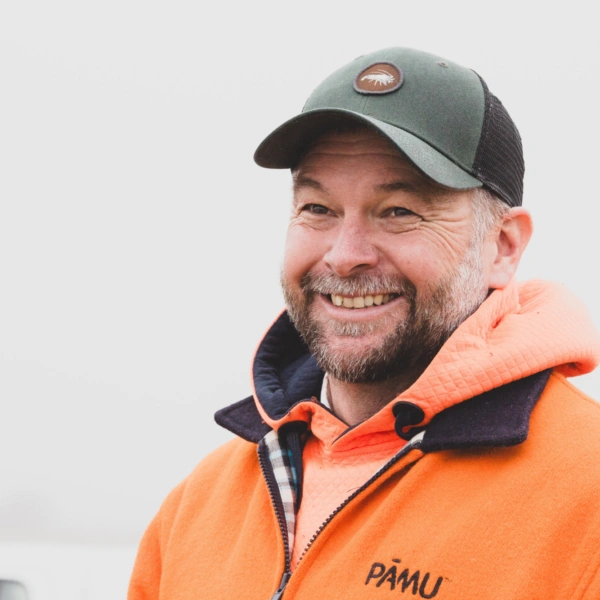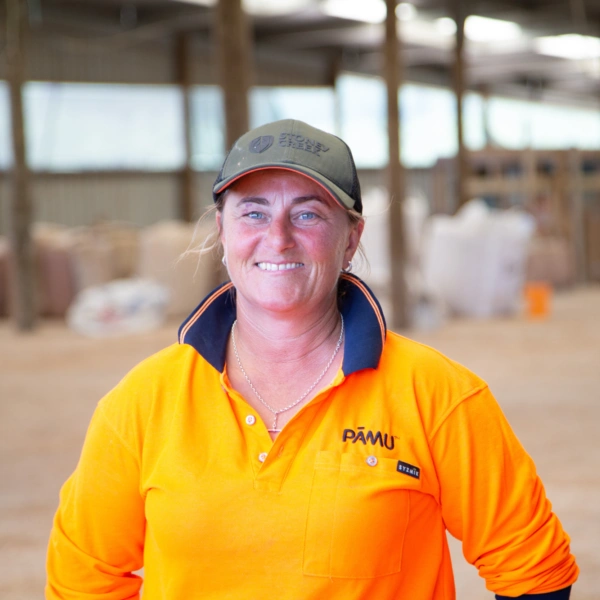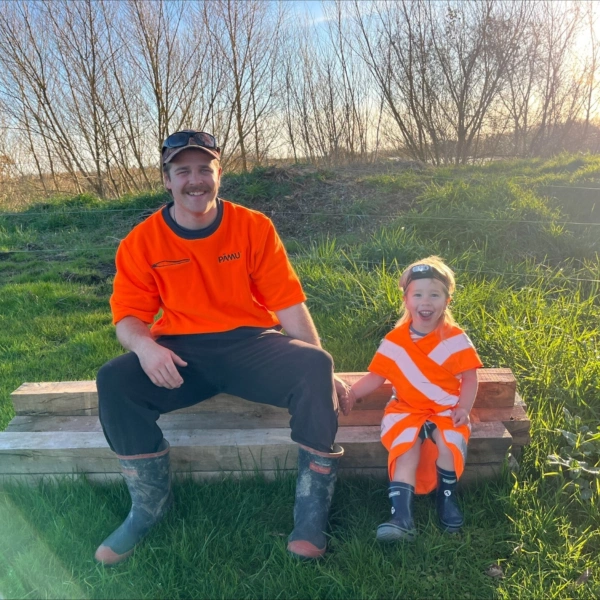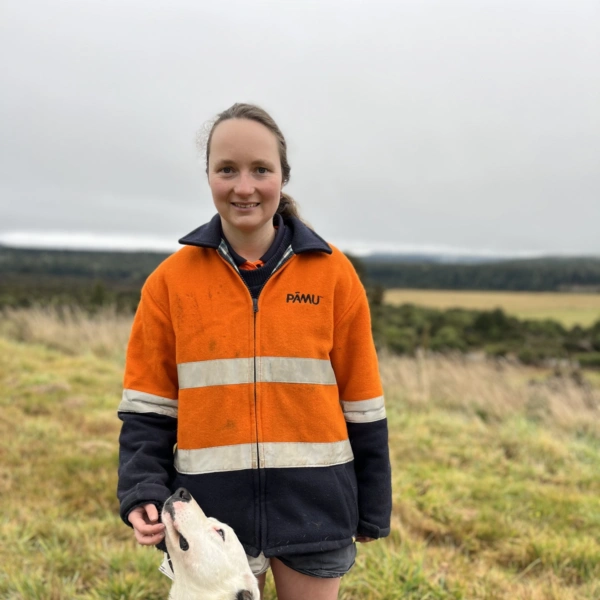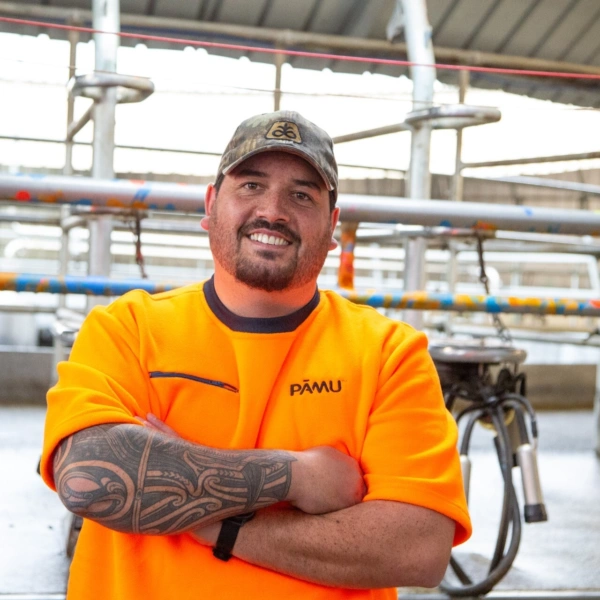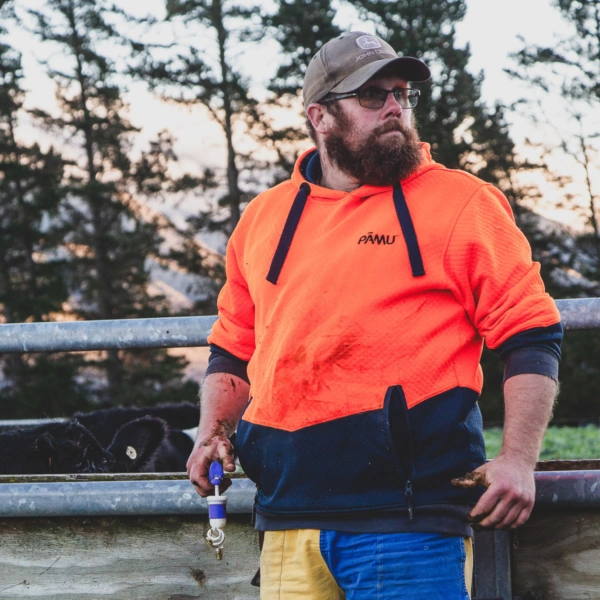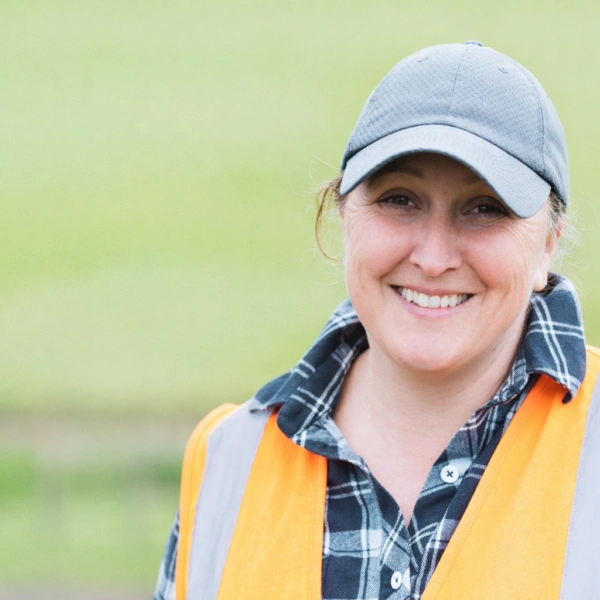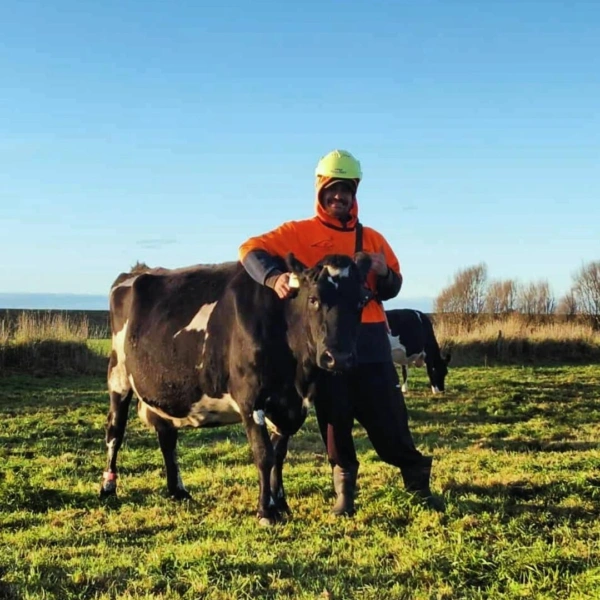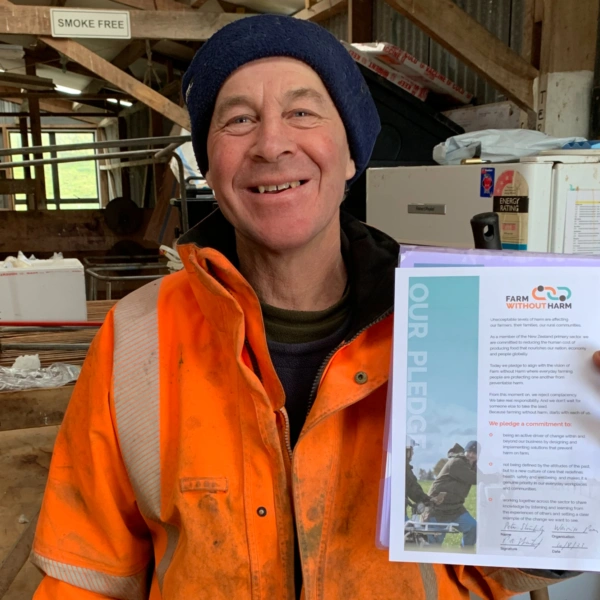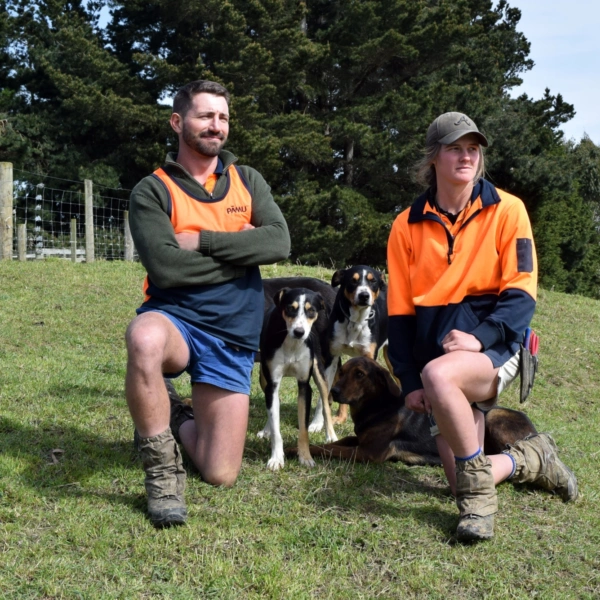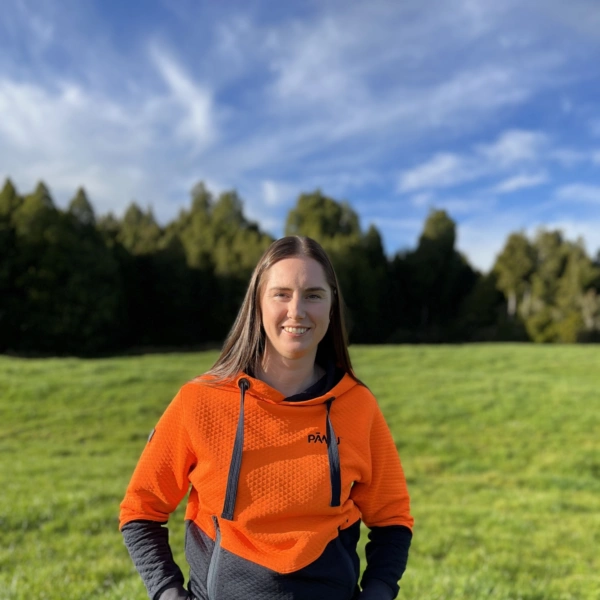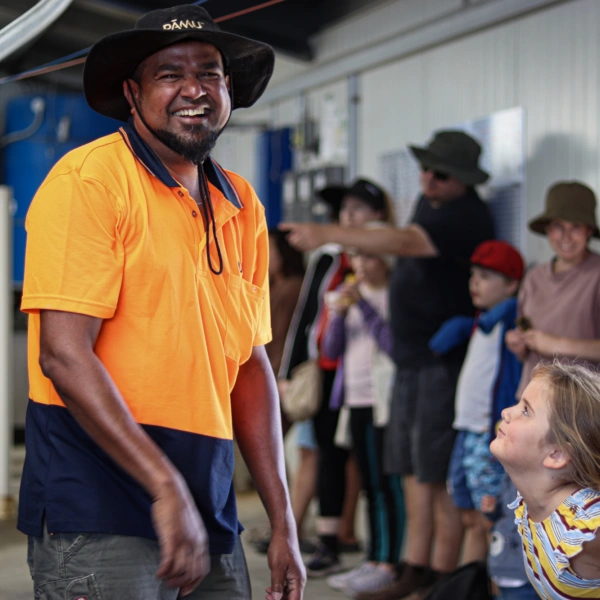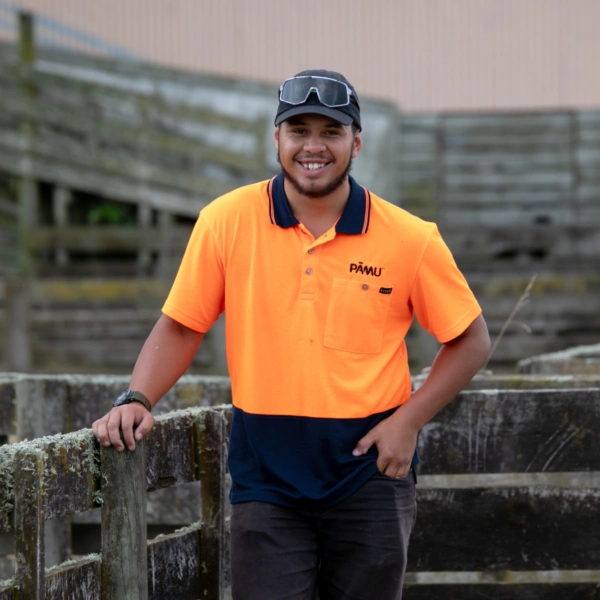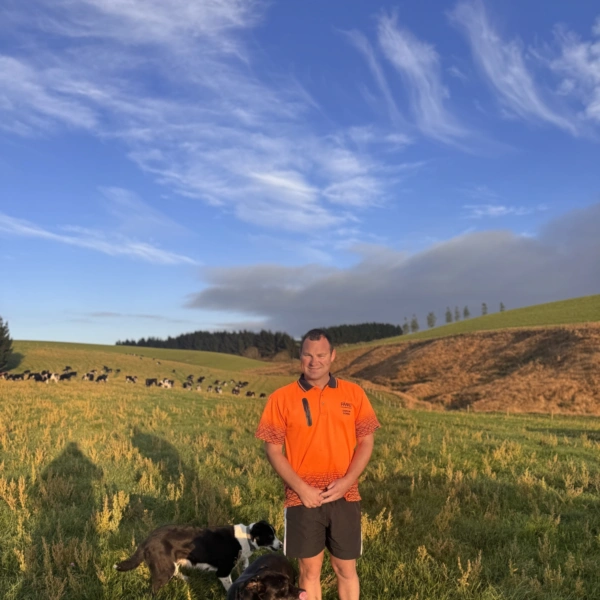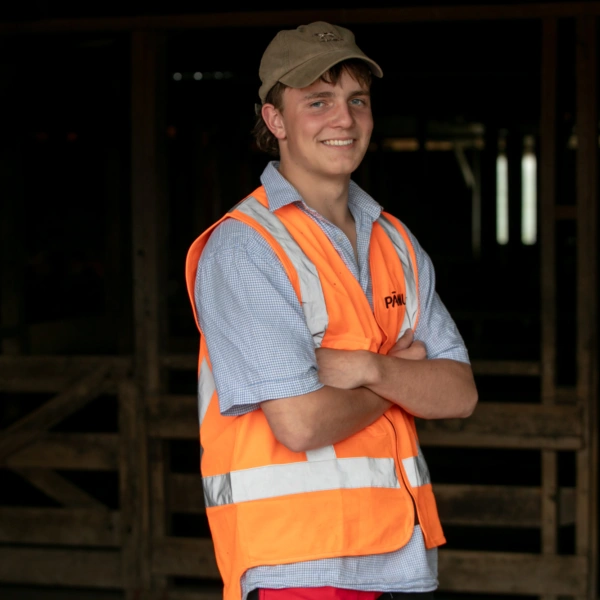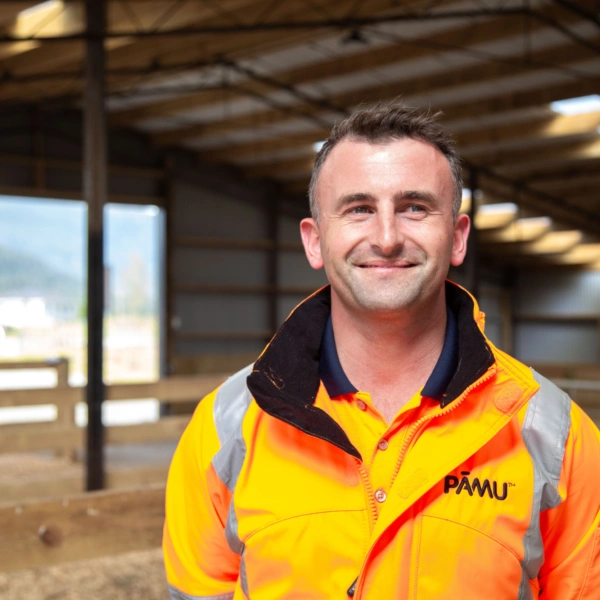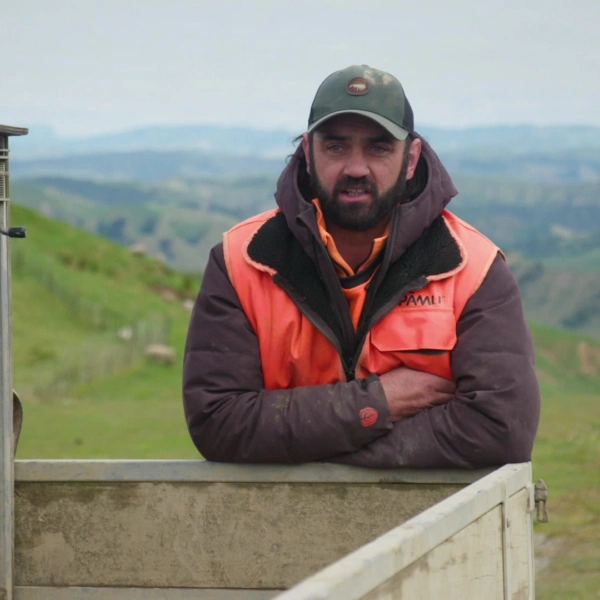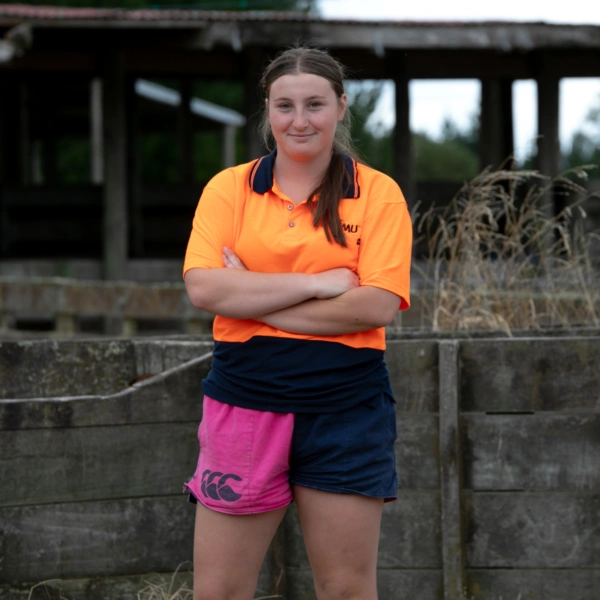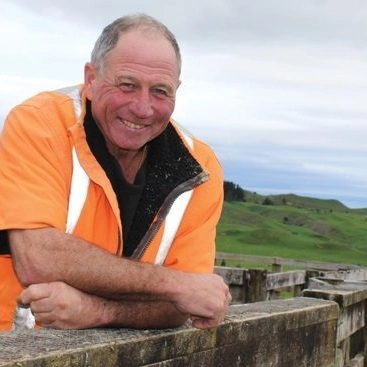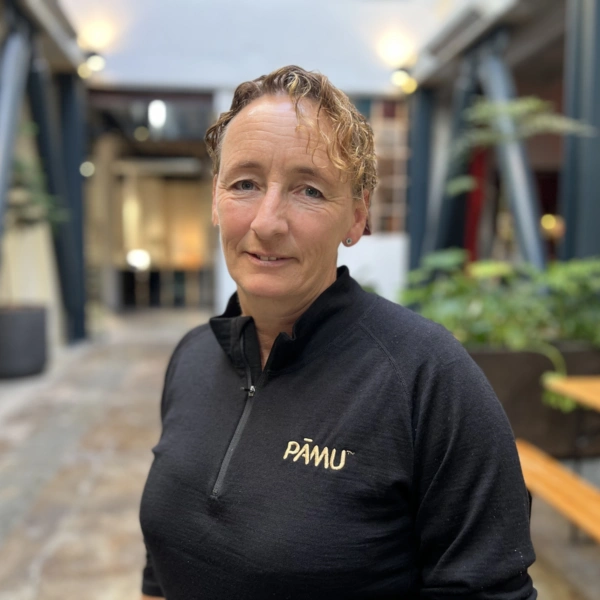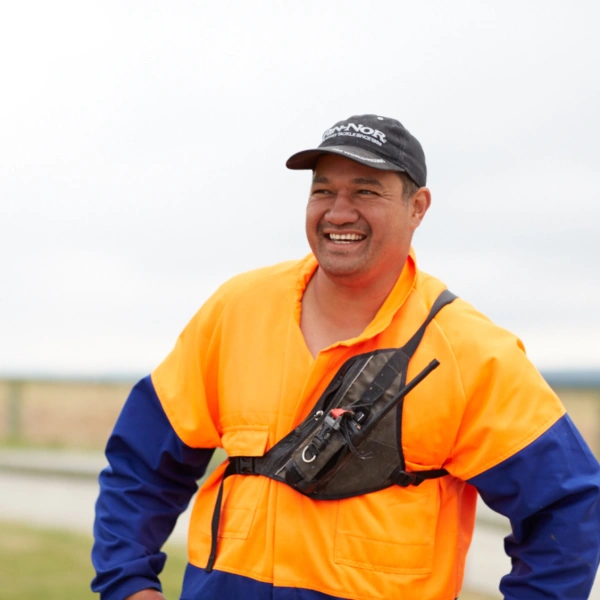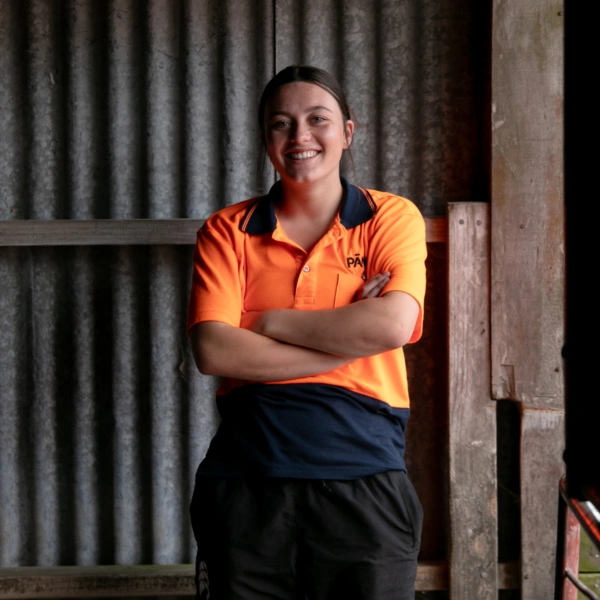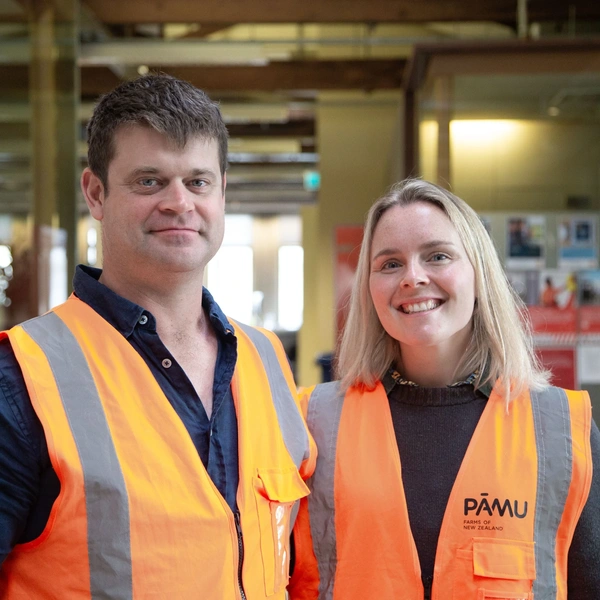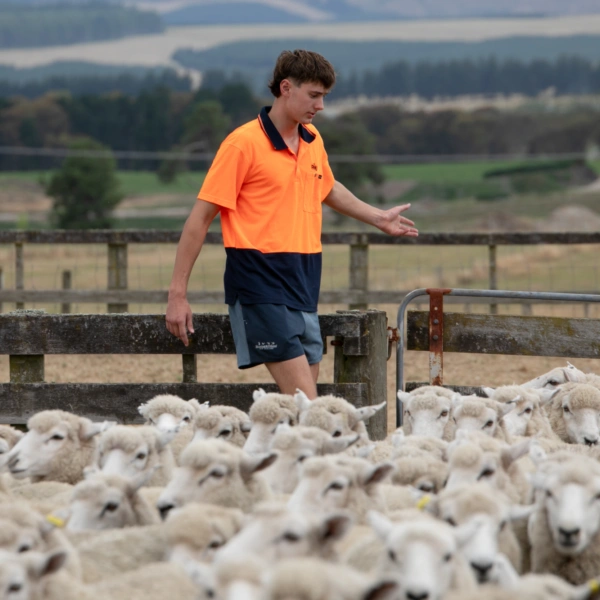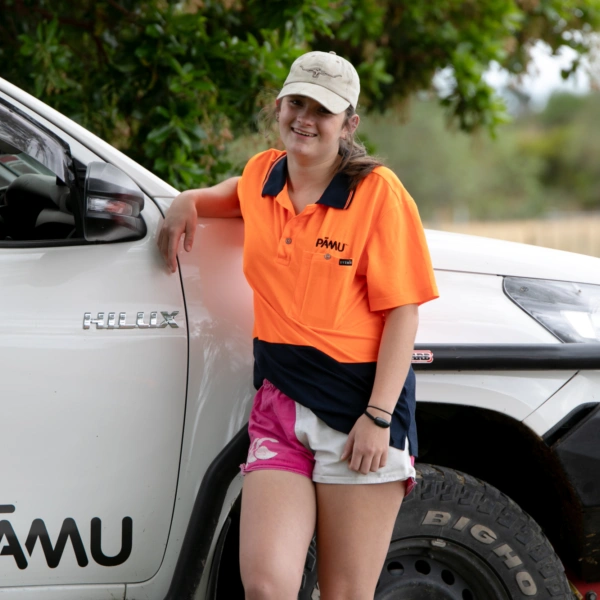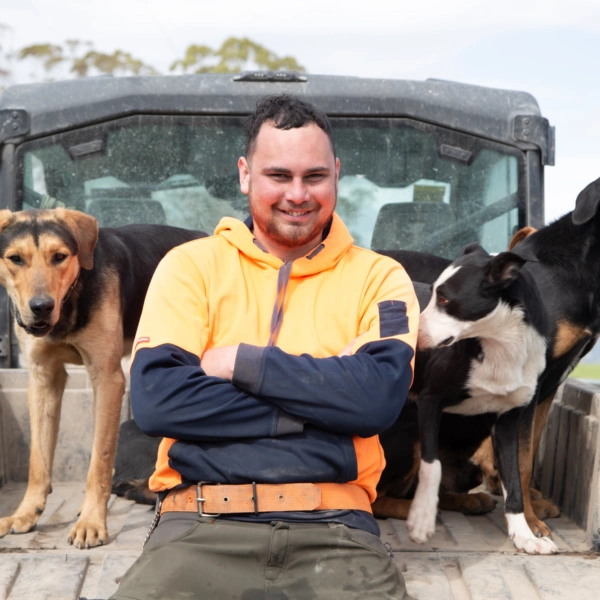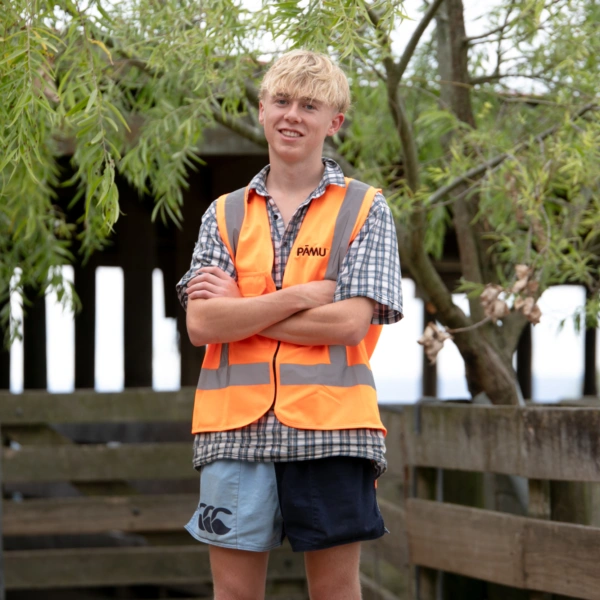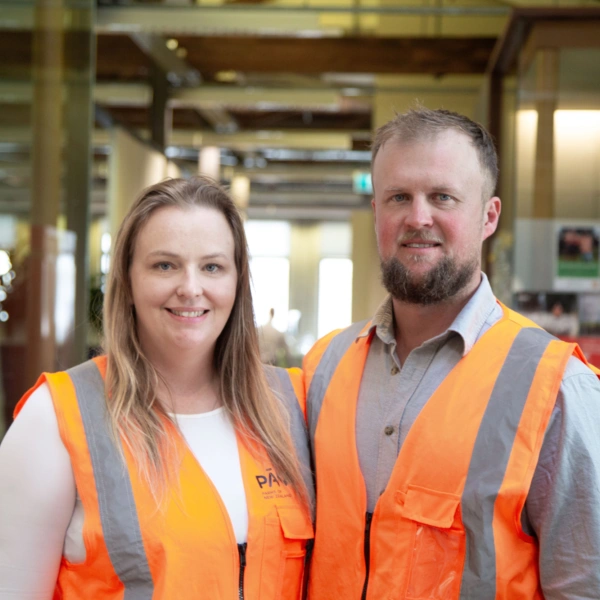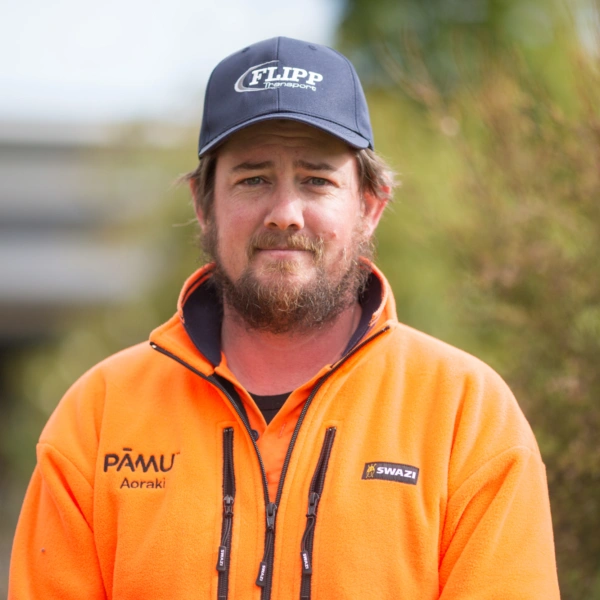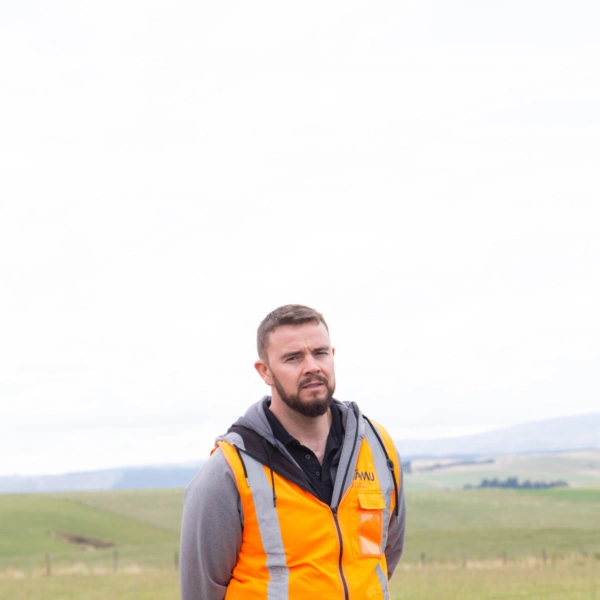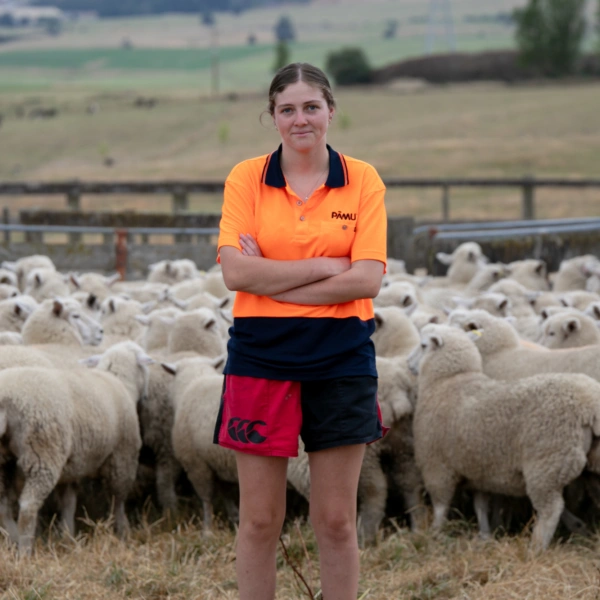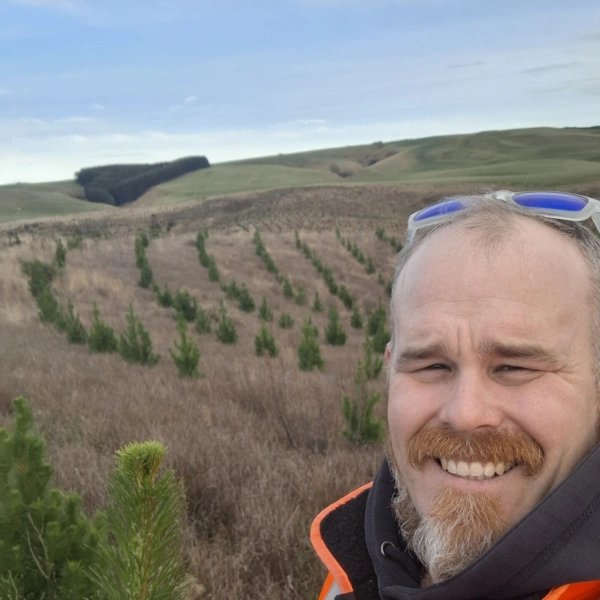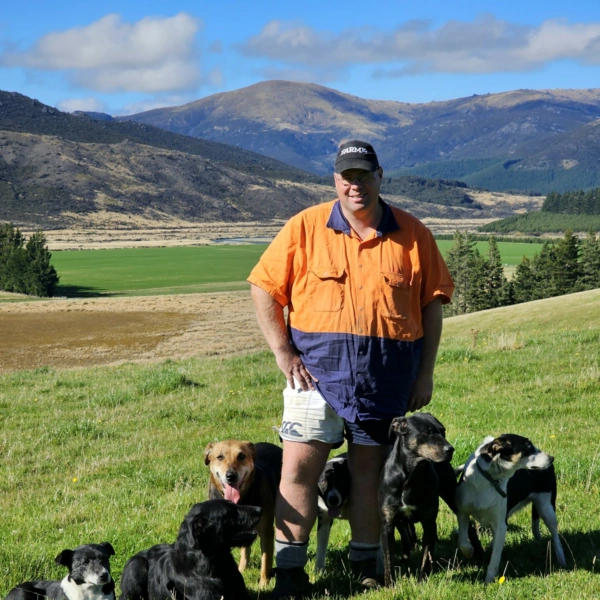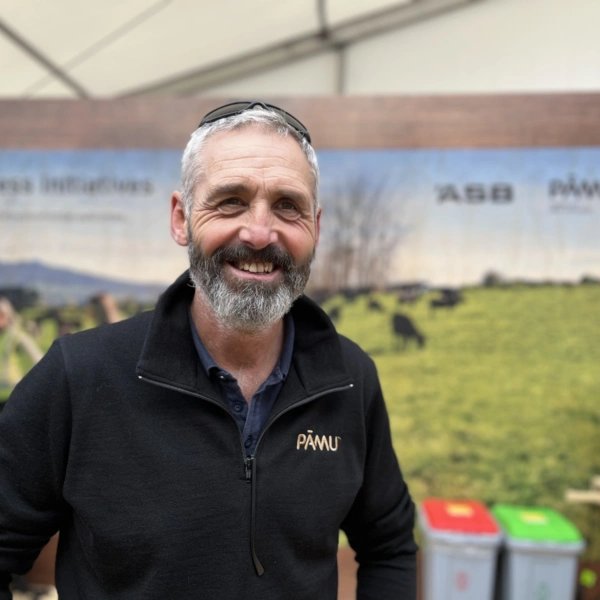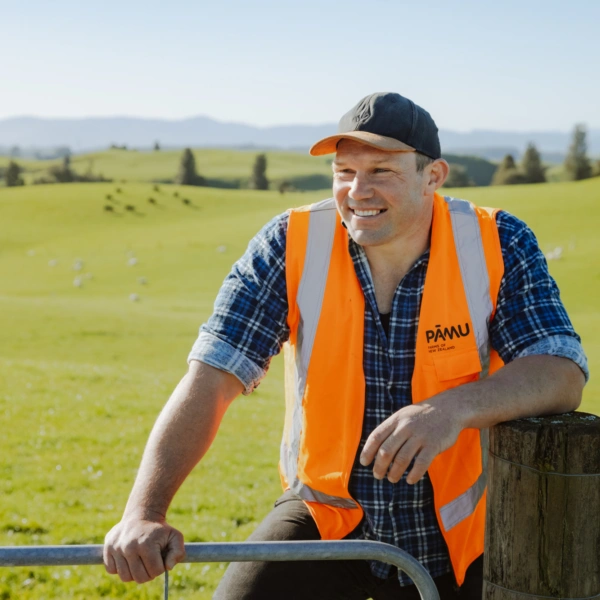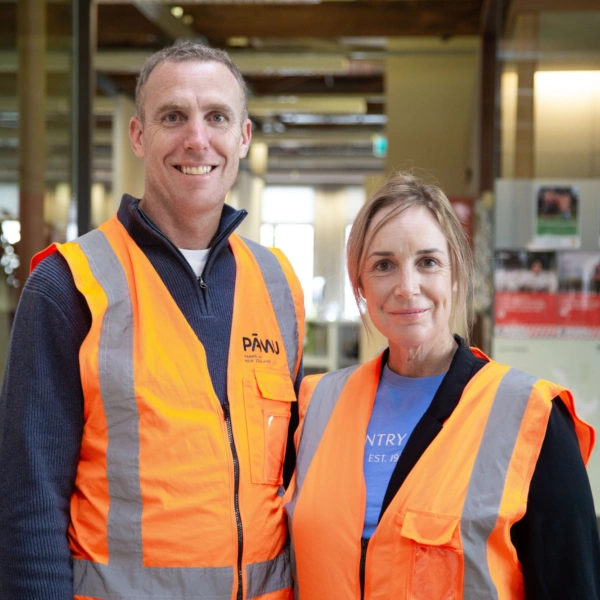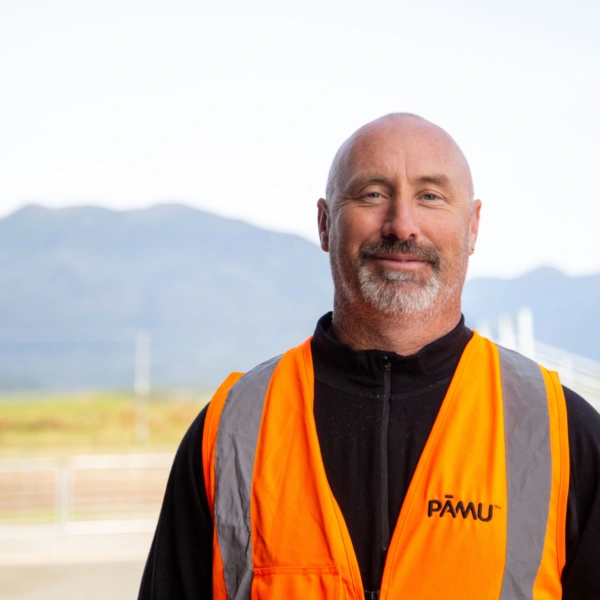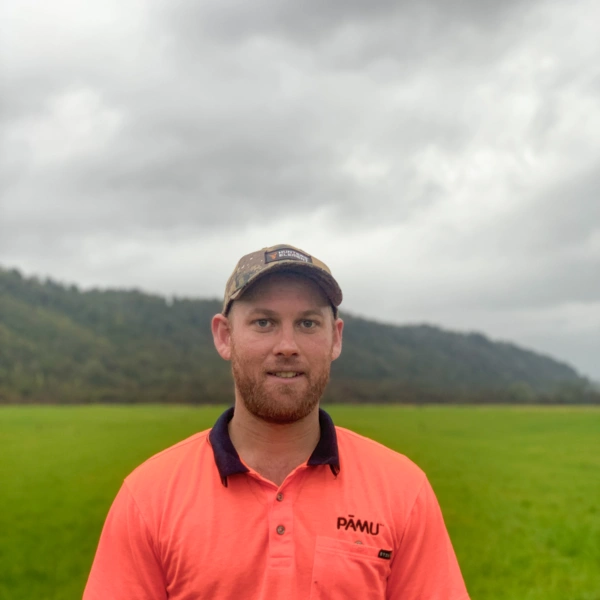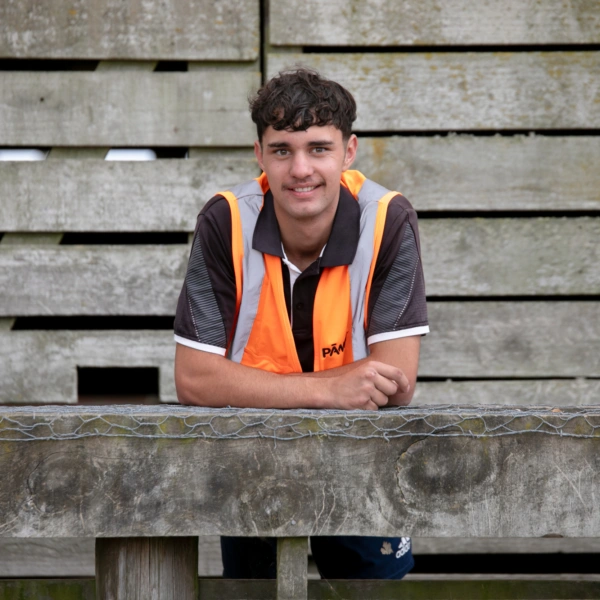About Pāmu
Proudly farming for Aotearoa New Zealand
Pāmu is a state-owned enterprise and one of New Zealand’s most innovative and diverse farming businesses.
Since 1886 we’ve been farming the land in service of New Zealand’s people, environment, and economy.
From sheep stations in the high country to leading-edge dairy, horticulture and forestry systems, Pāmu continues to evolve, demonstrating what sustainable and innovative agriculture looks like. We farm not just for today, but for generations to come.
Pāmu Landcorp Farming Limited
Pāmu is the brand name for Landcorp Farming Limited. “Pāmu” means “to farm” in te reo Māori. Our name reflects both what we do and how we do it with deep respect for the whenua (land), wai (water), animals, people and communities we work alongside every day that make up our farming environment.
What We Do
We manage over 100 farms, forests and horticultural operations across the country – spanning sheep, beef, deer and dairy, as well as growing horticulture, arable and forestry portfolios. Our scale enables us to test ideas, prove concepts, and lead positive change across New Zealand’s food and fibre sector.
We are proudly:
-
Commercial and sustainable
-
Science-led and future-focused
-
Deeply connected to the land, and grounded in care
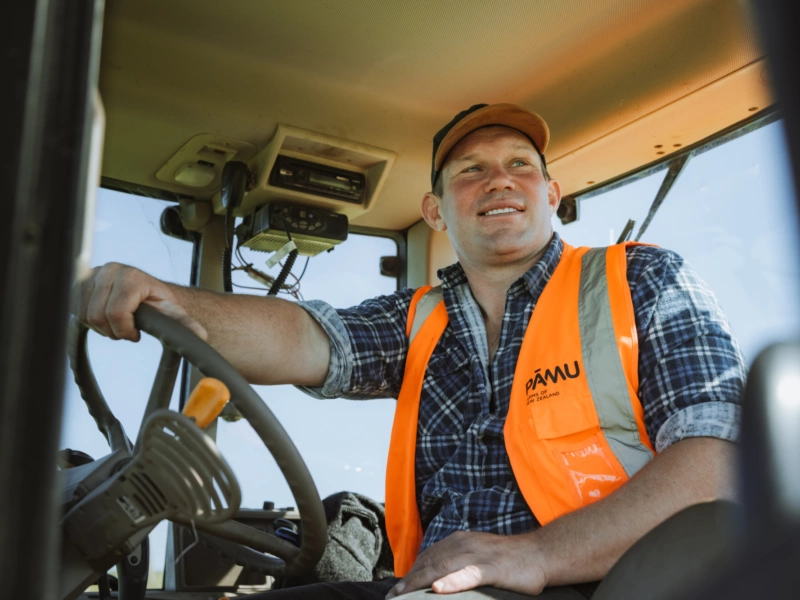
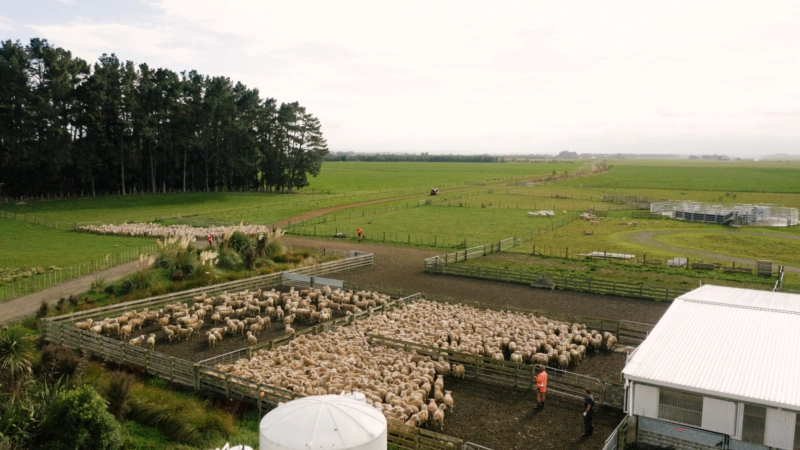

Our purpose is to lead the delivery of commercial and sustainable agriculture solutions for future generations.
We farm to create long-term value through innovation, resilience, care for our people and animals, and a commitment to environmental stewardship.
Our Strategy
Our strategy focuses on five strategic choices that shape how we farm, who we partner with, and how we deliver long-term value to New Zealand:
-
Grow people in a safe environment
-
Deliver operational excellence
-
Change land use with integrated farming systems
-
Enrich the natural world
-
Partner to meet market opportunities
Our Role in Aotearoa
Pāmu exists to deliver a commercial return, support the return of land through Te Tiriti o Waitangi settlements, and help shape the future of farming in Aotearoa New Zealand.
We strive for farming excellence, running a profitable, efficient business while leading in innovation, sustainability, and safe employment. As a State-Owned Enterprise, we are expected to do more than generate profit. We are also guided by a strong sense of social responsibility, considering the interests of the communities we operate in and creating value that extends beyond the farm gate.
Join us as we shape the future of farming.
Whether you're an aspiring farmer, a sustainability leader, or an agri-innovator, there’s a place for you at Pāmu. Join us as we shape the future of farming.
Pāmu has its roots in the Crown’s management of large-scale pastoral lands. Here's a snapshot of our journey.
Pāmu’s story begins with New Zealand’s early agricultural development and the work of the former Department of Lands and Survey. From the mid-19th century, the government surveyed and allocated Crown land, enabling the settlement of over 20,000 farms and supporting pioneers, returned soldiers, and young farmers.
From the 1970s, focus shifted to returning land to iwi and hapū under Treaty of Waitangi settlements, with former Lands and Survey farms requiring careful stewardship. In 1987, Landcorp Farming Limited (now Pāmu) was established as a state-owned enterprise to manage farmland sustainably, deliver financial returns, and support Treaty obligations.
Today, Pāmu manages nearly 360,000 hectares across 112 farms, combining profitable, responsible farming with strong environmental stewardship. It is a national exemplar of kaitiakitanga, protecting over 10,000 hectares and embedding biodiversity practices across its farms. Pāmu invests in sustainability, climate adaptation, and modern farming technologies.
In 2026, Pāmu celebrates 140 years of supporting New Zealand agriculture, continuing its mission to deliver productive, sustainable farming while caring for land for future generations.
Read our full story.
Our board
Our board members bring a wealth of public and private sector experience to govern and guide the organisation.
-
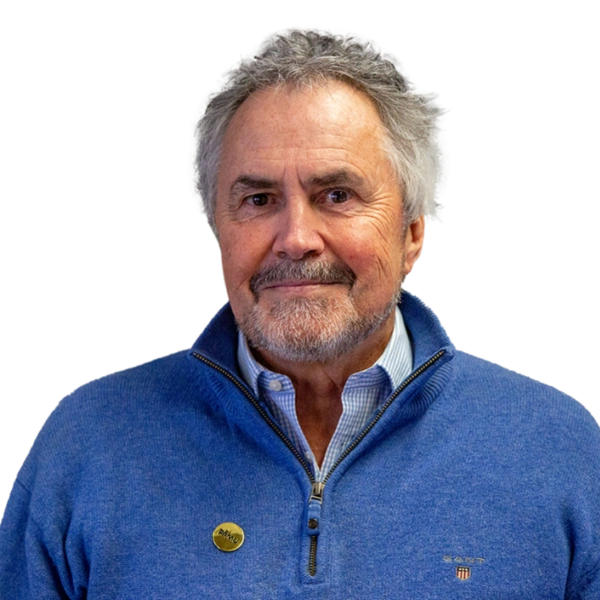 ChairView profile
ChairView profile -

Nigel Atherfold
Deputy ChairView profile -

Paula Savage
Director, Audit & Risk Committee ChairView profile -

Nick Pyke
Director, Performance & Safety Committee ChairView profile -
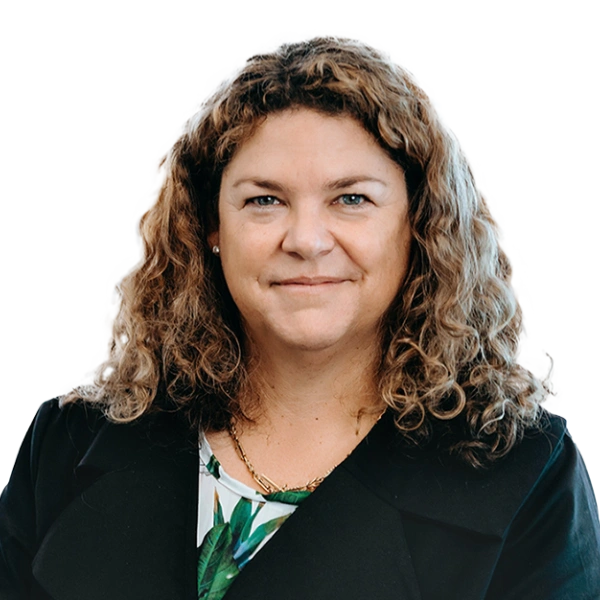
Sarah Paterson
DirectorView profile -

Angela Dixon
DirectorView profile -

Stu Husband
DirectorView profile -

Brent Lawgun
DirectorView profile
Our leaders
We have a talented team with broad experience and a sincere passion for what we do.
-
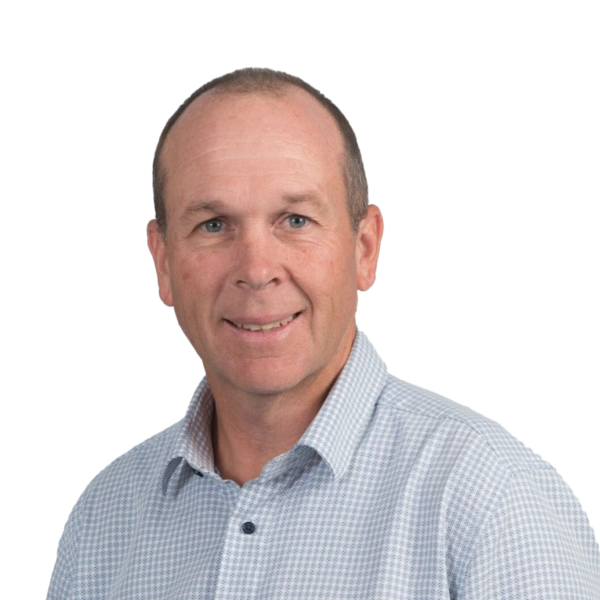
Mark Leslie
Chief Executive OfficerView profile -

Will Burrett
Chief Operating OfficerView profile -
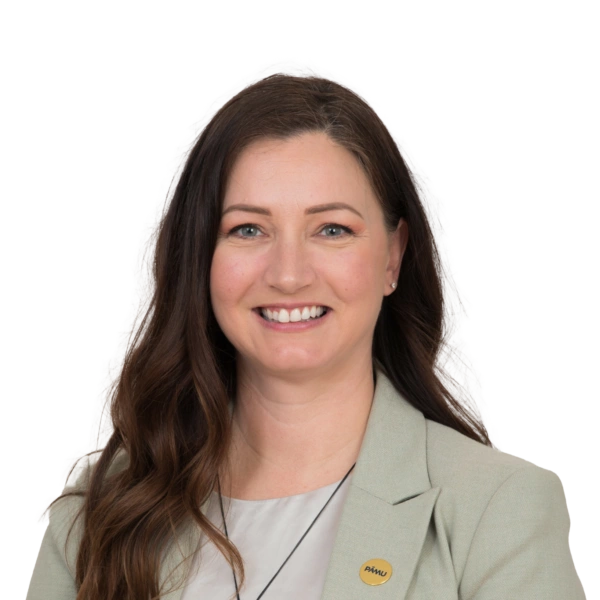
Tammy Lemire
Chief Technology and Transformation OfficerView profile -

Steve McJorrow
Chief Financial OfficerView profile -

Andrew Sliper
Chief Investment OfficerView profile -
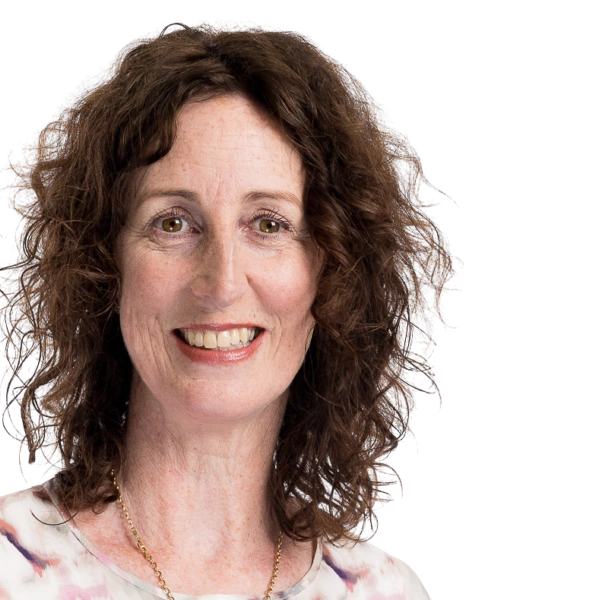
Roz Urbahn
Chief Corporate Services OfficerView profile
Q&A: A grounded perspective on our roles and responsibilities
Q: Does Pāmu pay tax, rates, or interest?
A: Yes. Like any responsible New Zealand business, we pay tax, meet our rates obligations, borrow commercially when needed, and fund our operations through our own revenue — not taxpayer handouts.
Q: How is Pāmu governed?
A: As a State-Owned Enterprise, we are governed by the State-Owned Enterprises Act 1986 and the Companies Act 1993. This means we operate as a commercial business while being accountable for public assets.
Q: What about local rates?
A: Pāmu pays local council rates like any other farmer — $4.3 million in FY25.
Q: How do you fund operations and projects?
A: Day-to-day operations and capital projects are funded from profits generated by our farming activities or through commercial borrowing with New Zealand banks. We do not receive direct taxpayer funding for operations.
Q: What about your expenses?
A: Wages, infrastructure, and corporate costs are covered through our commercial activities.
Q: What is the role of Pāmu with public land?
A: We manage public land to deliver strong value to New Zealanders through farming, responsible land management, and strong commercial performance.
